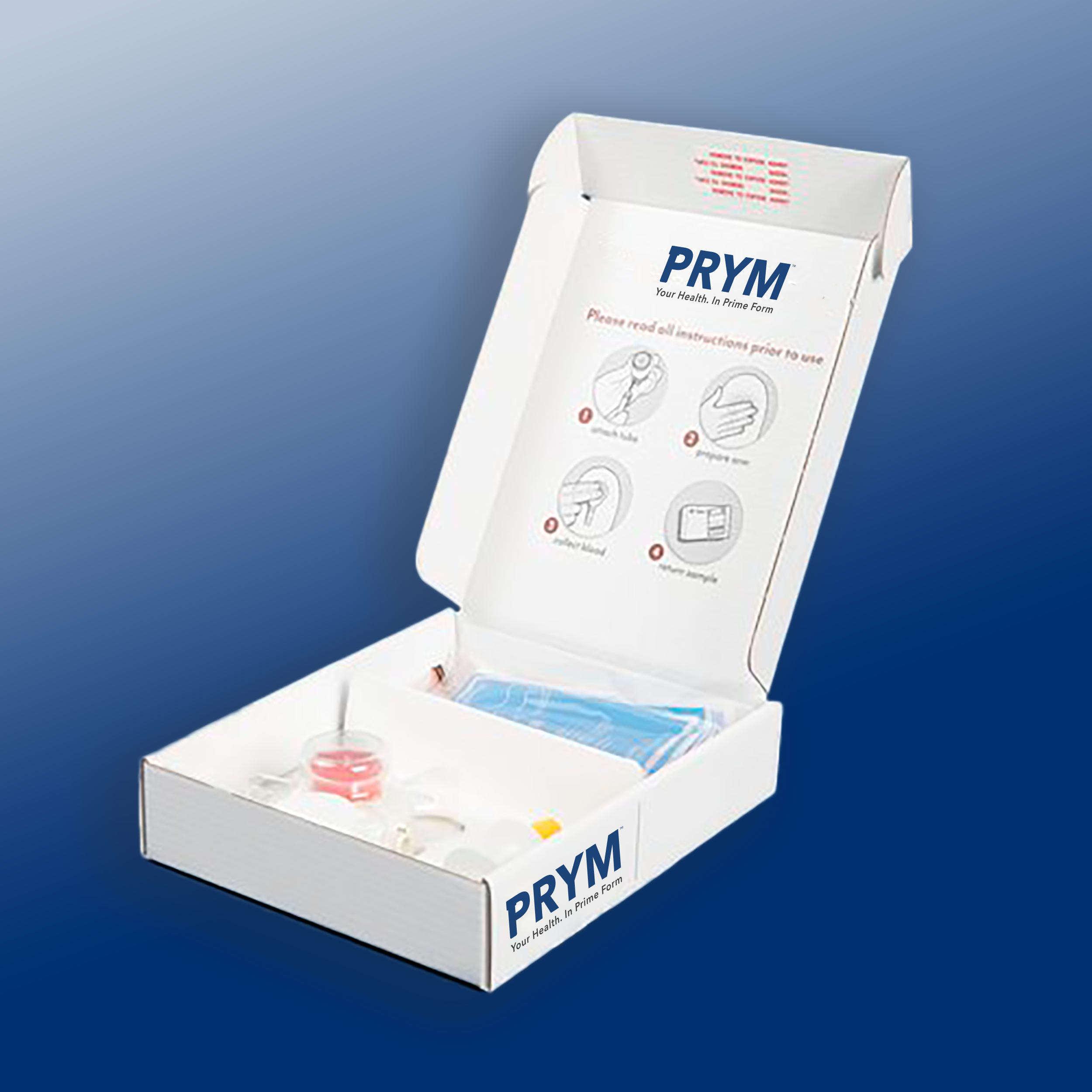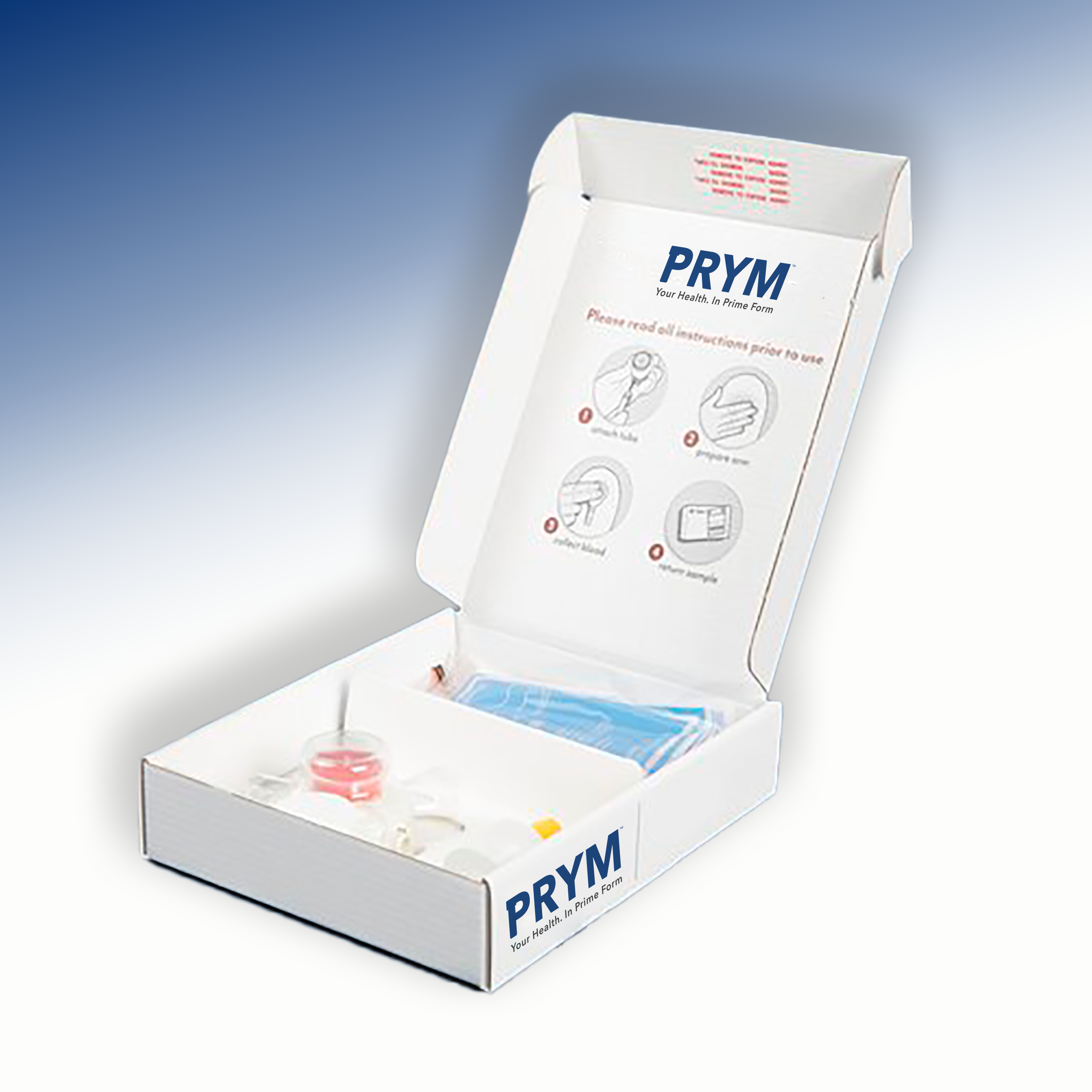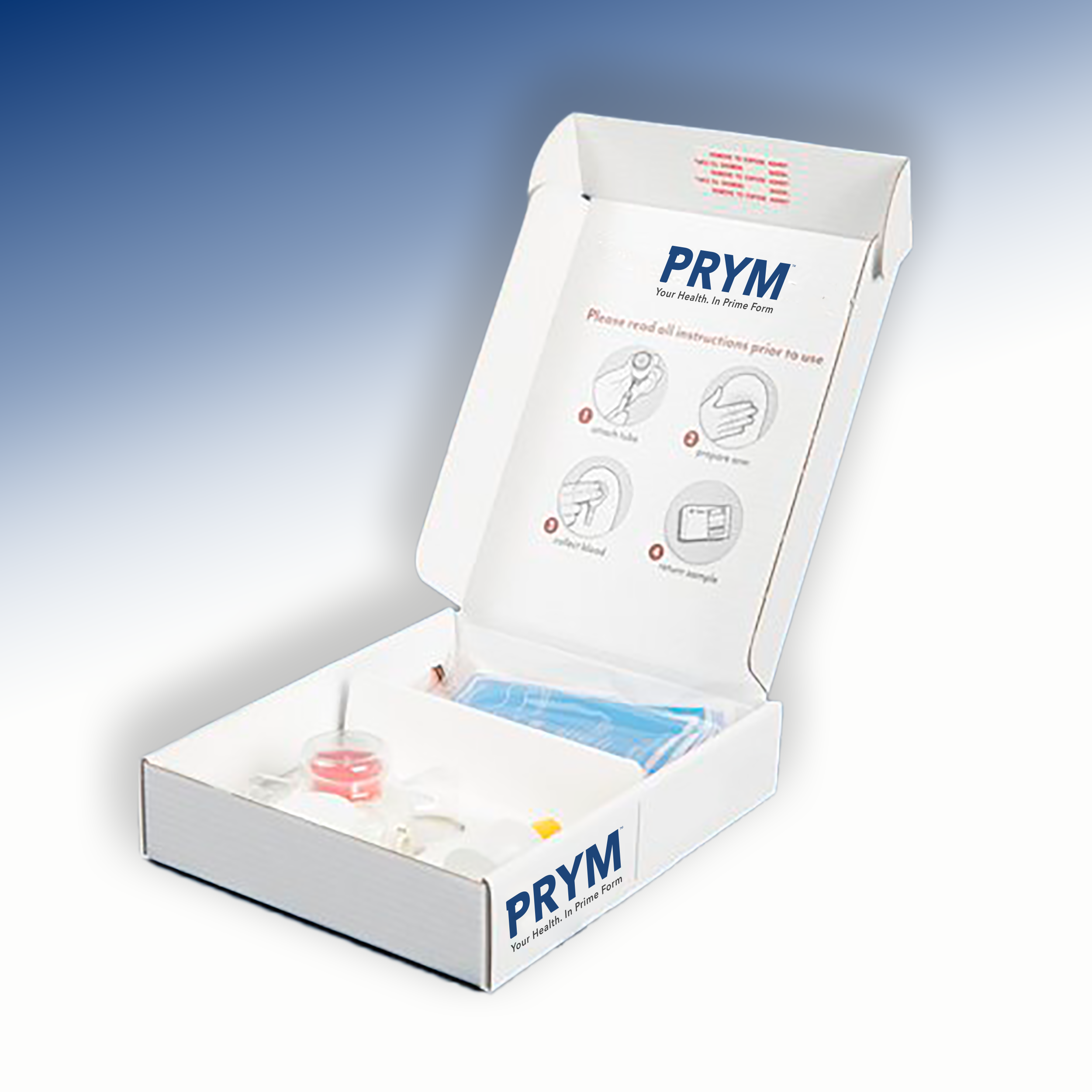
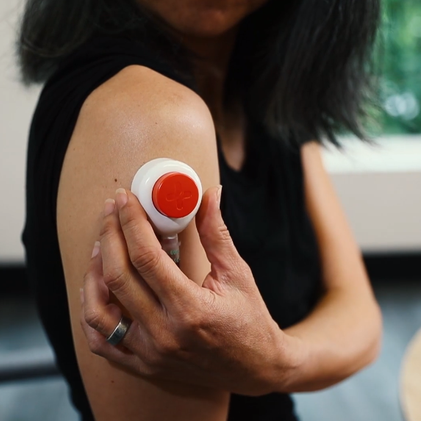
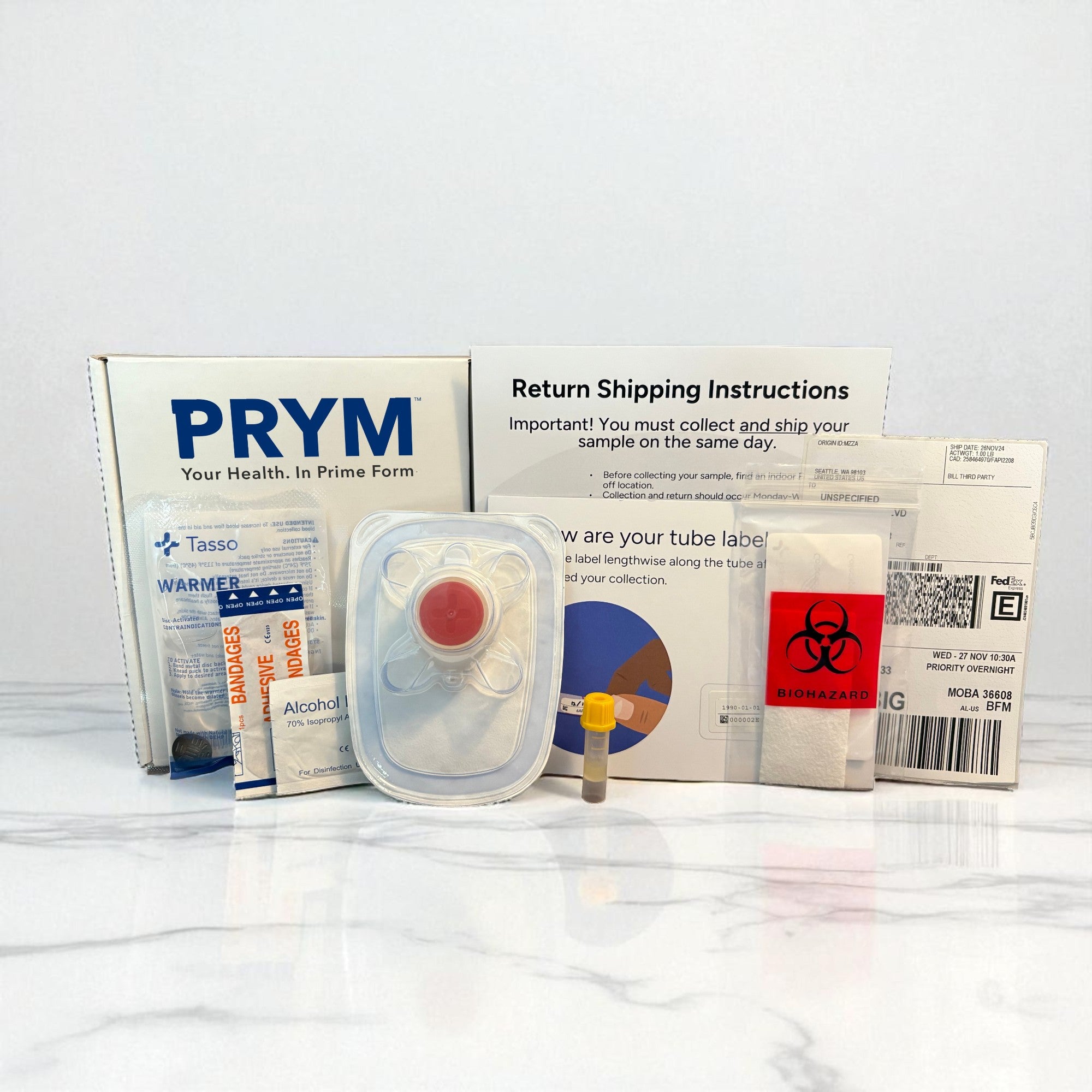
OptiPeptide
Peptide Wellness & Longevity Tracking Panel
HSA/FSA Eligible
Free Shipping
Designed for those using or considering peptide therapy, PRYM OptiPeptide provides a broad view of your health, tracking metabolic function, hormone balance, inflammation, kidney and liver markers, and nutrient levels. This panel helps you monitor how your body responds to therapy and ensures your safety throughout the process.
Tests Performed
Kit Includes
Collection Method
Test Details
Learn more about each test in this panel.
Hormones
Metabolism
Inflammation
Vitamin Levels
Liver and Kidney Function
Lipids
If you have any questions, you are always welcome to contact us. We'll get back to you as soon as possible, typically within 24 hours on weekdays.
Shipping
Shipping is always free. Kits are shipped via 2-day FedEx an a prepaid overnight return label is provided in every kit.
Subscription
You can manage your subscription by clicking the link below. You can cancel or change your subscription at anytime.
Contact Us
We make it easy for you to contact us! Reach out by phone or email.
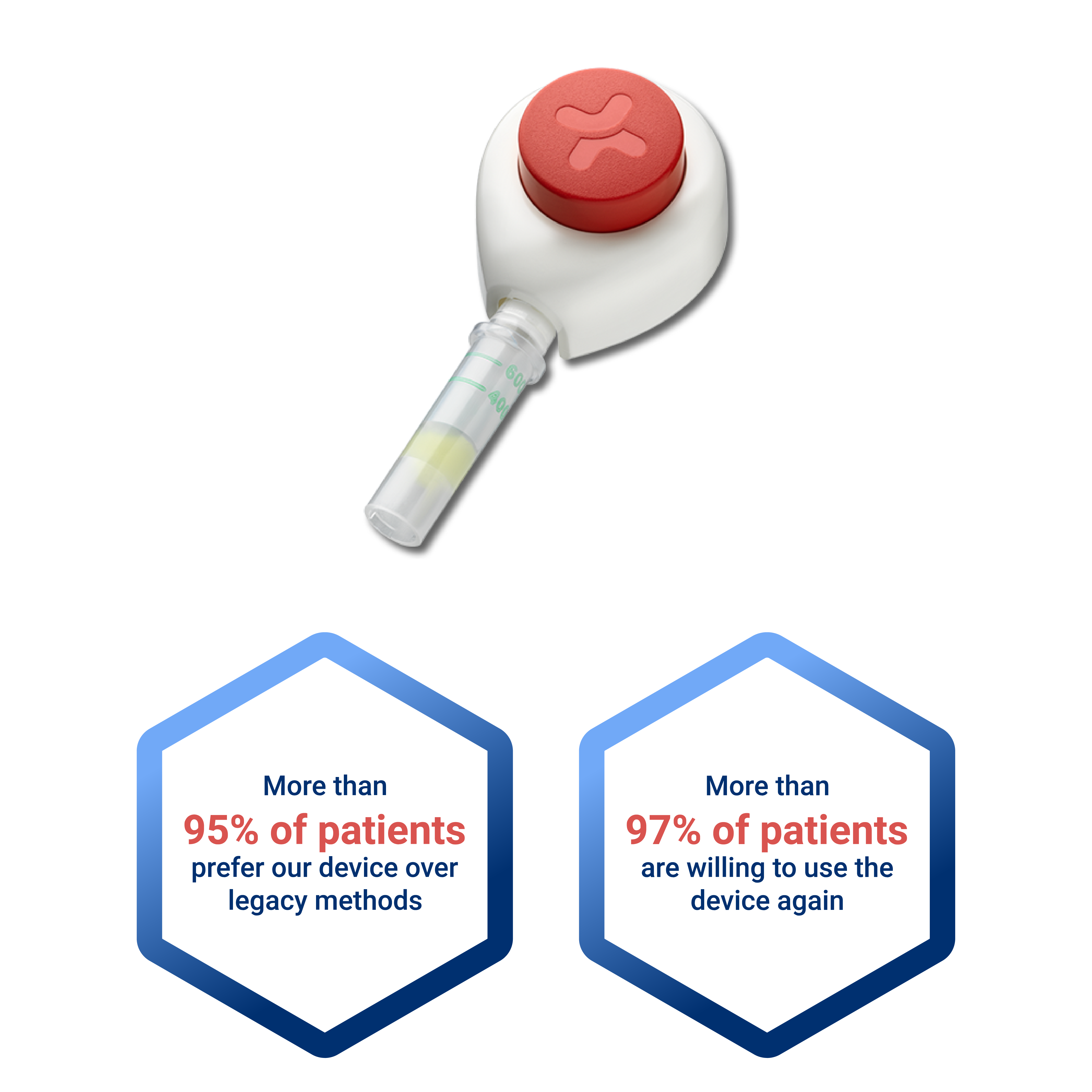
How the device works
Our FDA-cleared device makes collection quick and virtually painless.
Stick it on your arm, press a button, and in about five minutes, you’re done. No needle. No fuss.
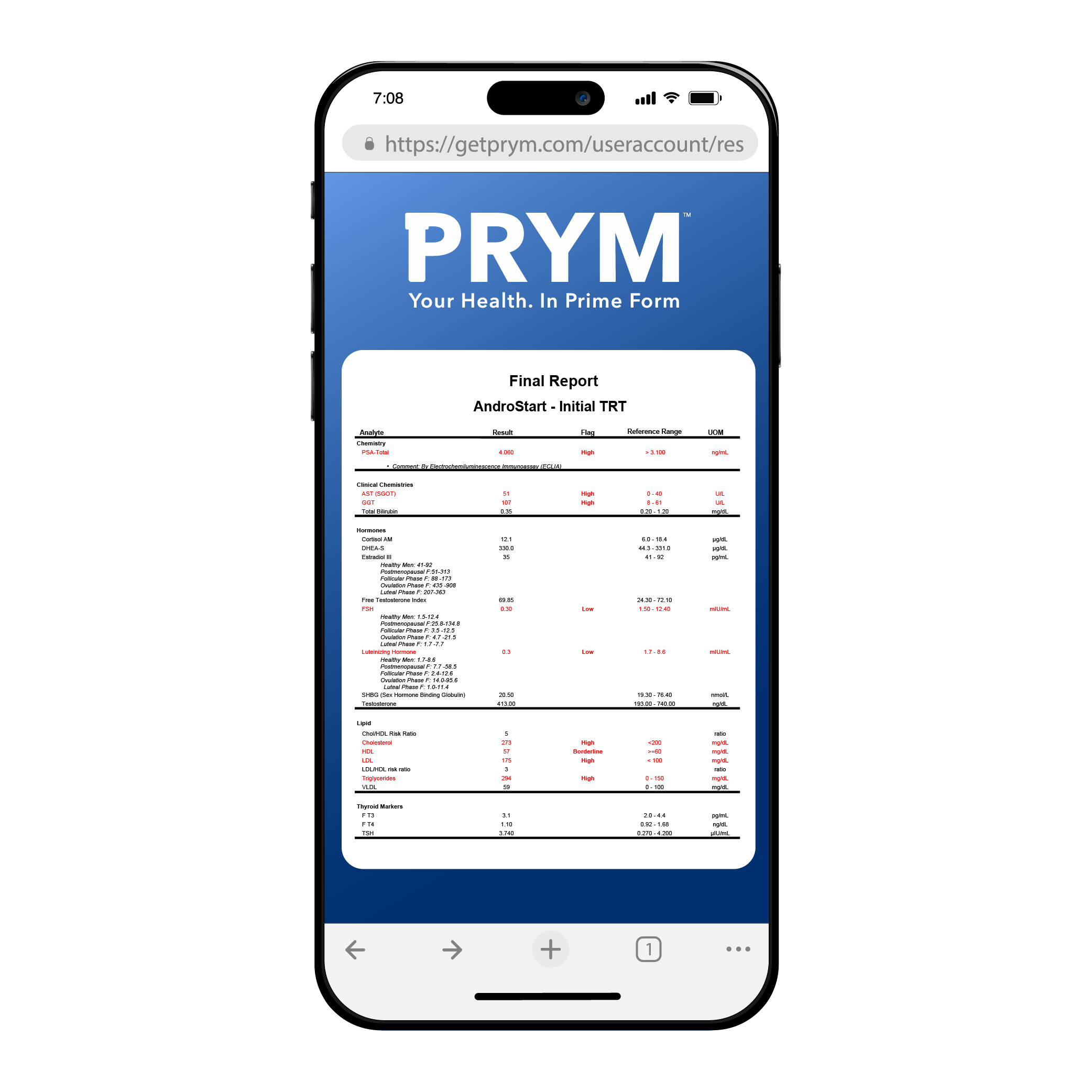
Accessing your results
Once your sample reaches our lab, you’ll get your results in 2–3 business days. We’ll email you when they’re ready, and you can view them through your secure online portal.
Your report is easy to read and ready to share with your healthcare provider.
How We Compare

Shop More Tests

Find the right test
Not sure where to start? Let’s figure it out together.
Answer a few quick questions and we’ll match you with the PRYM test kit that best fits your goals, symptoms, and lifestyle.
Whether you’re checking in on your hormones, managing fatigue, or just want a clearer picture of your health, we’ve got you. No surprise bills. No hassle.

